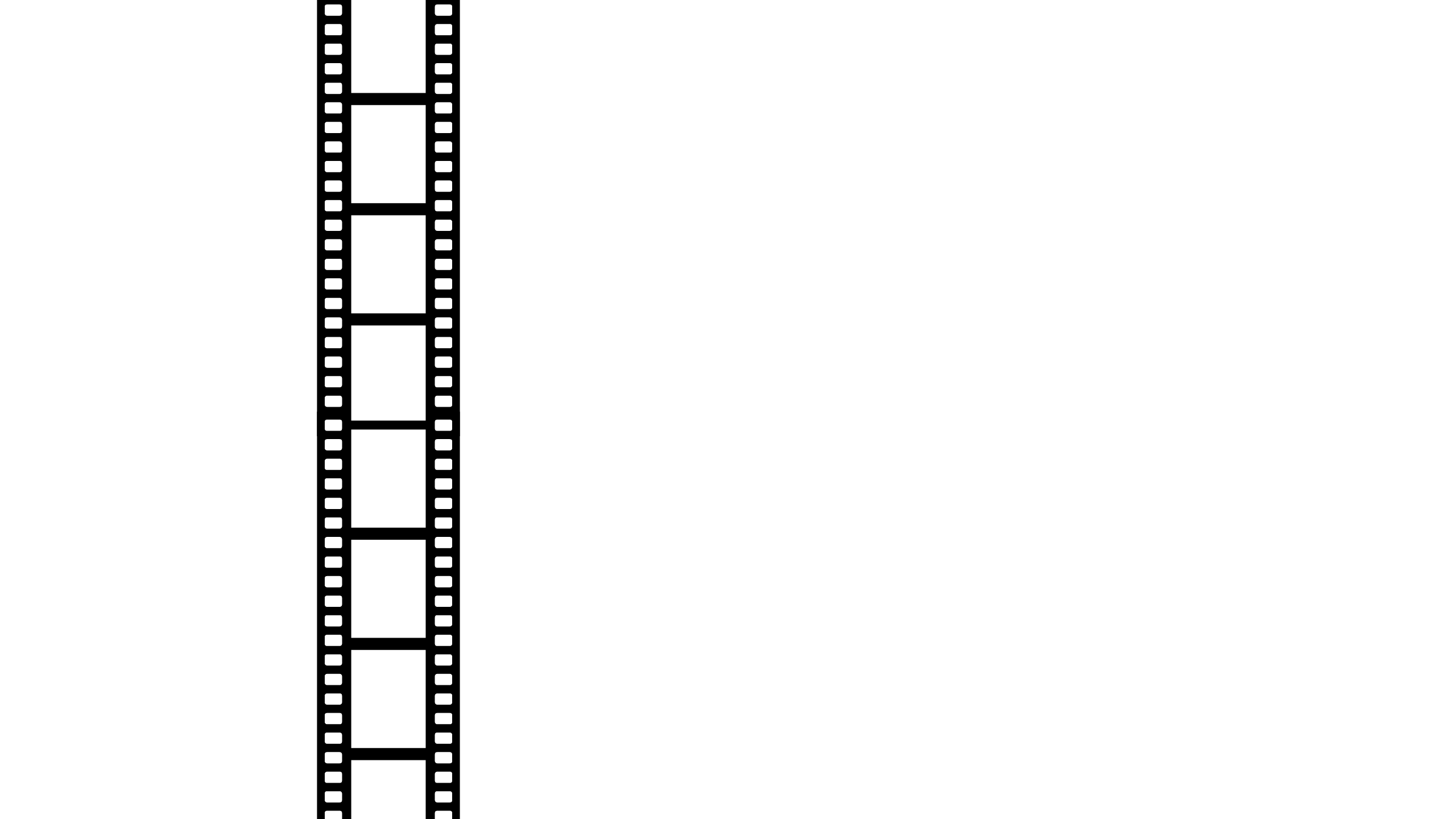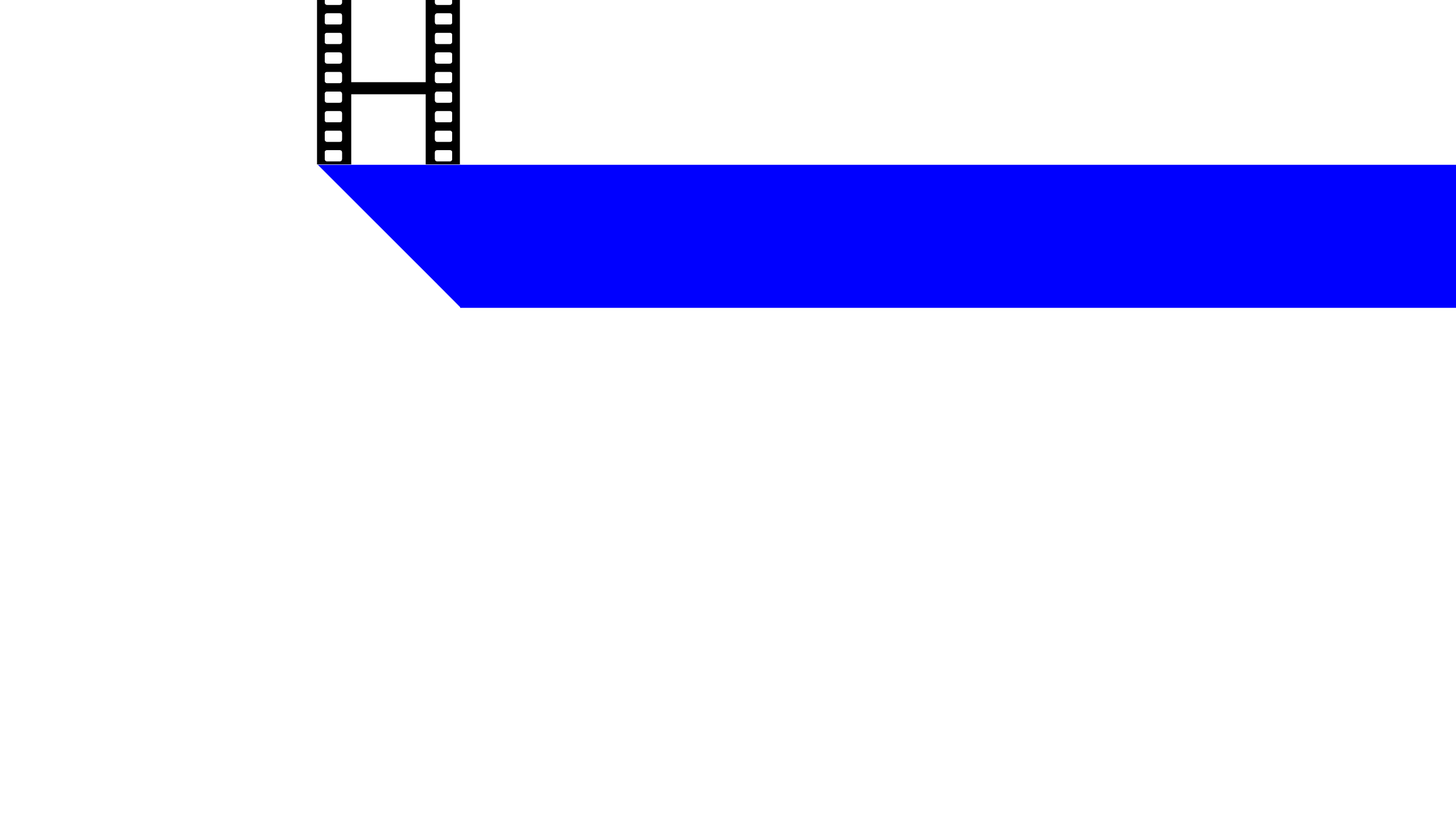Feature: Sarah Gavron
The BAFTA-winning director explores how non-hierarchical, inclusive and collaborative filmmaking may become the industry’s new norm.
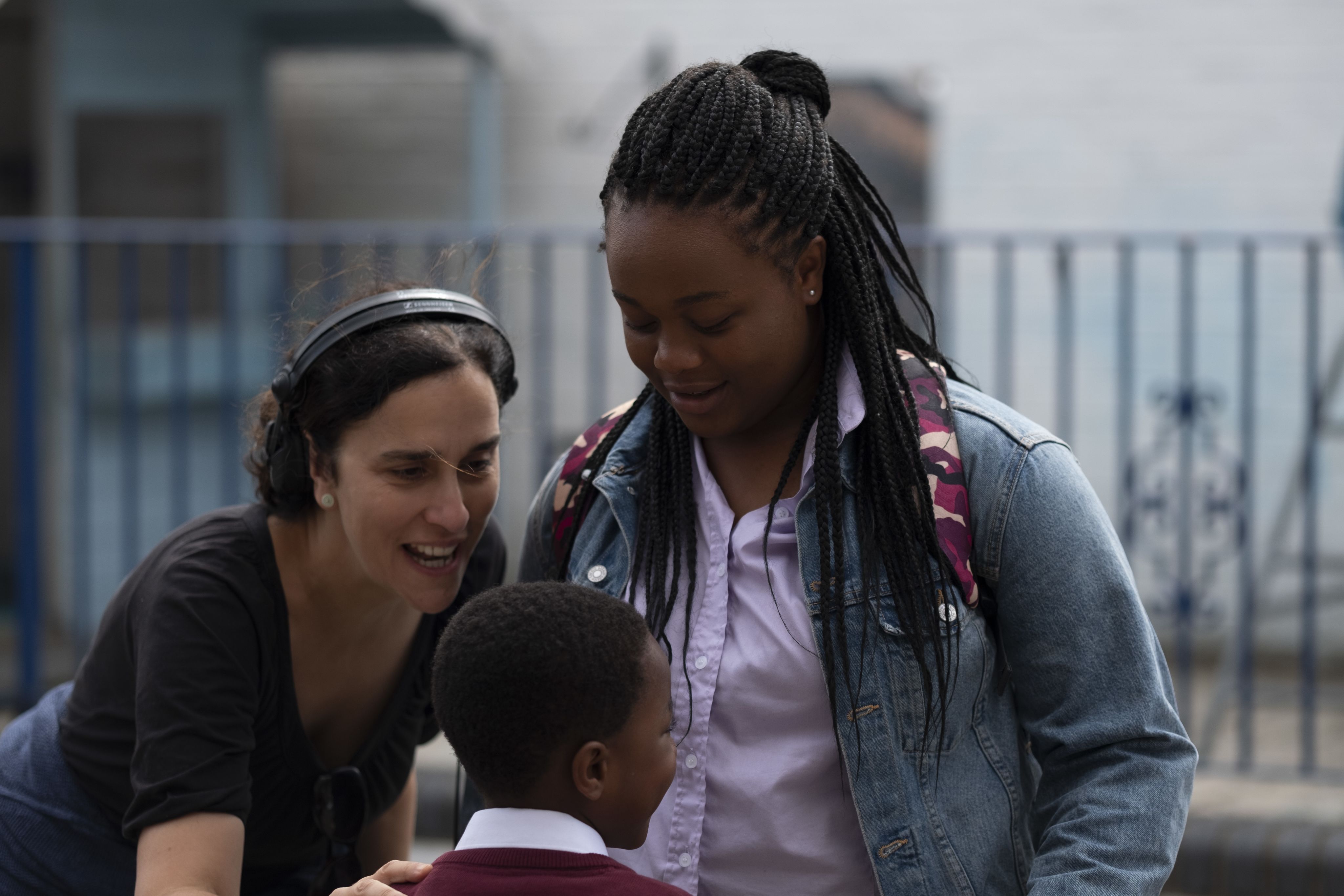
Sarah Gavron on her career as a social impact filmmaker
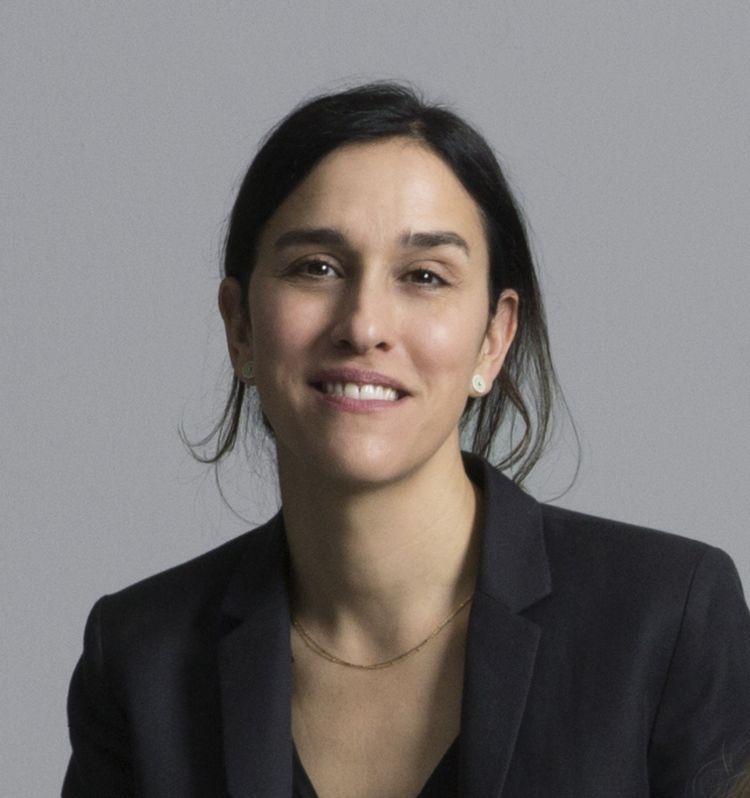
How far can you trace back your interest in social impact filmmaking?
When I was growing up, my mum worked at a community centre in North London. I spent an enormous amount of time in that place — I would travel there after school, most days.
I watched how the staff worked together to create something. And I also watched how the community became involved in their work. Everything was done in a very collaborative, non-hierarchical fashion, as is the way with those kinds of community enterprises. And that always stuck with me. Because in those smoke-filled rooms, they were managing to make stuff happen that had a clear impact. There was something taking place as the result of a combination of diverse voices from different backgrounds
They were making something collectively, rather than working individually. That stayed with me. It enabled me to see different ways of working and different ways of acknowledging and crediting the input of your collaborators.
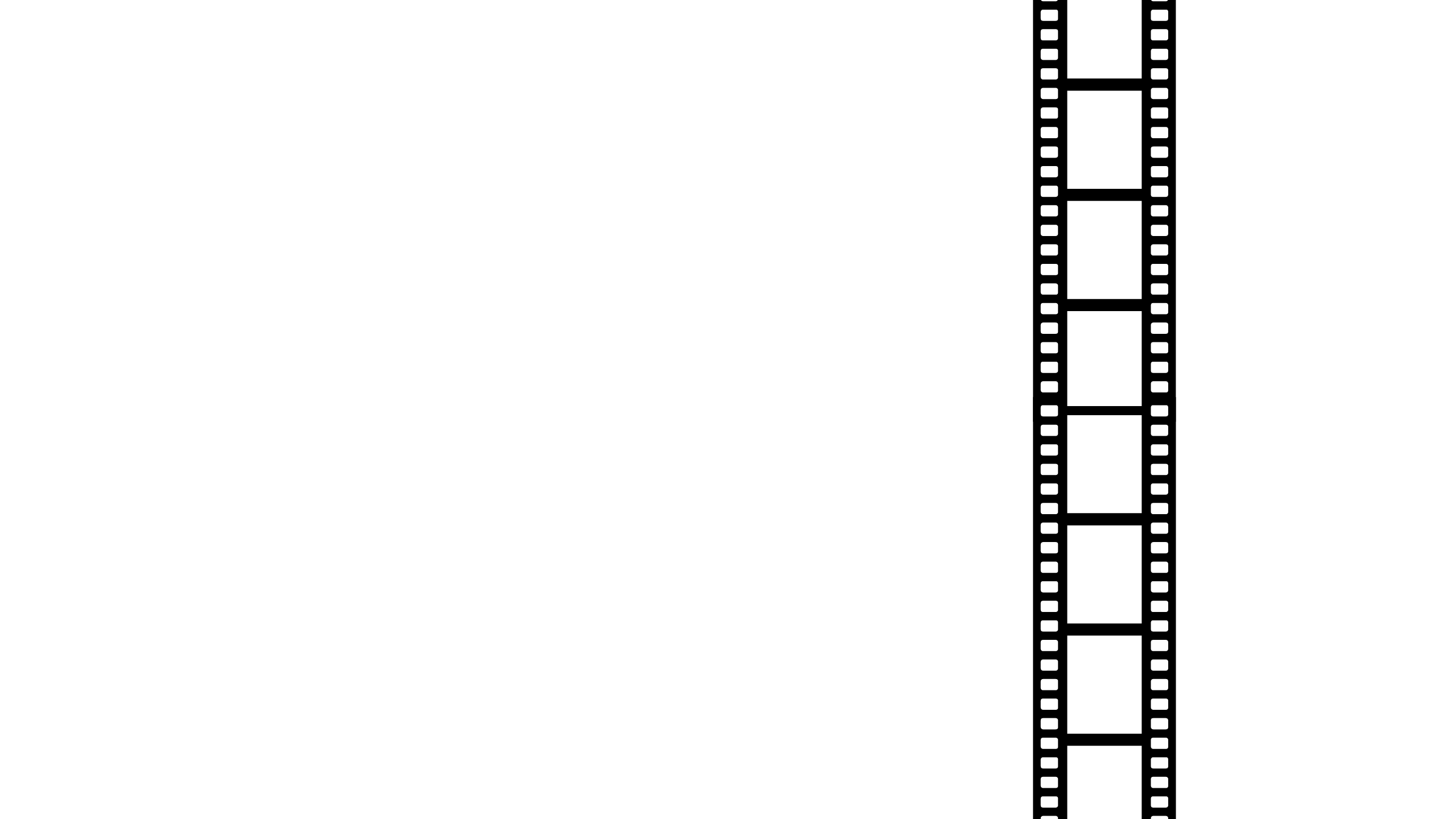
How did you first enter into the film industry?
I did an English Literature degree at university. During that time, I thought, “Oh, I want to make documentaries because they can change things.”
I had that impetus. I felt you could make films about important subjects and you can affect change.
After my degree, I worked on political documentaries at the BBC for a while, as a researcher and assistant producer. But then I realised that I wanted to do something that had more creative freedom. I realised there's a different kind of truth you can access through fiction. I still love documentaries — I think both dramatic films and documentaries are equally valid. But I was very excited by the idea of creating work with an emotional truth, in a constructed world. So, that was what led me to apply to study Fiction Direction at the National Film and Television School.
After that, I made lots of short films on different subjects. And that enabled me to make my first feature film, This Little Life, which was about a parent’s experience of giving birth to a very premature baby. That project illustrated why I love filmmaking, because it led to so many conversations with audiences and with caregivers and parents of premature babies. It brought me into contact with such a range of different people and their lives and perspectives.
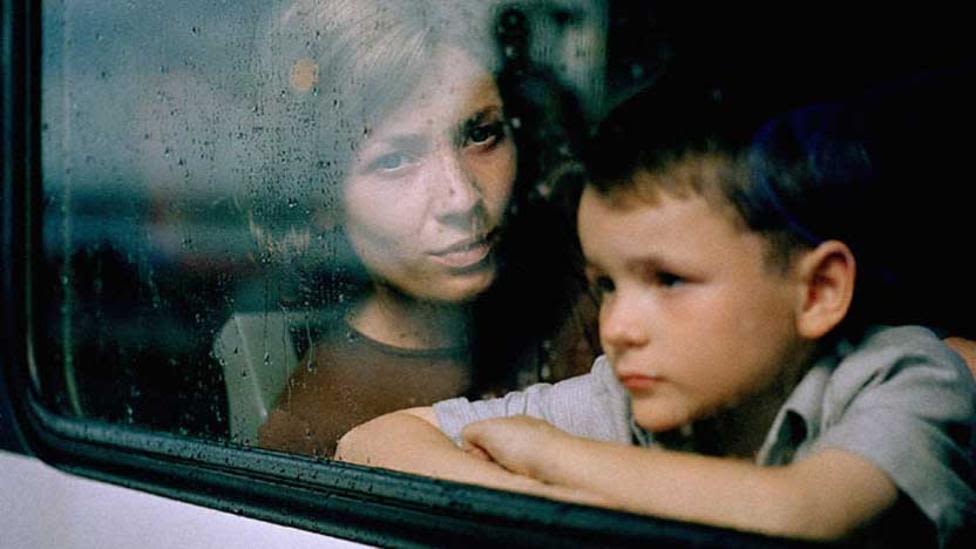
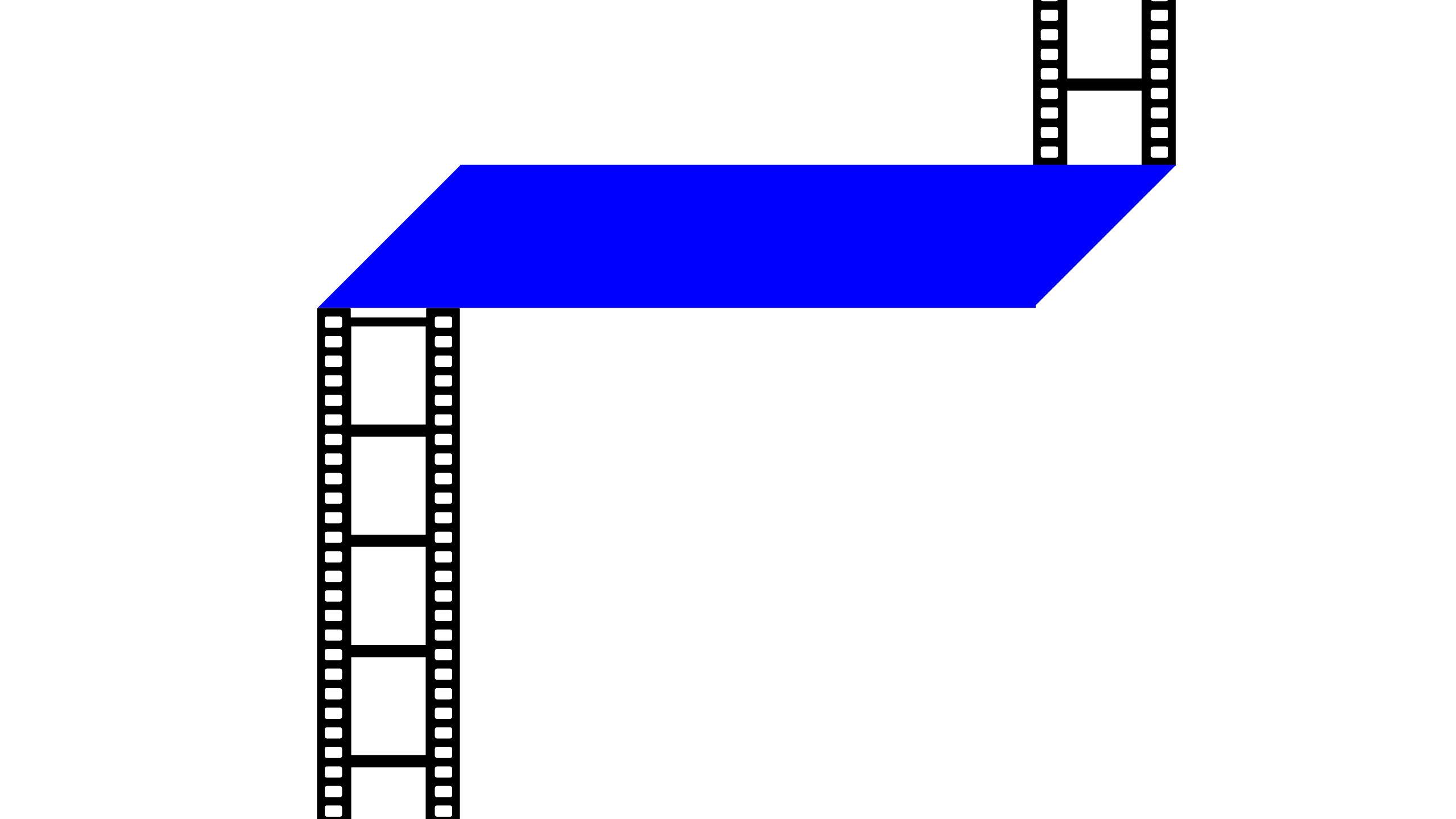
Why is emotional truth important to social impact filmmaking?
I've always been interested in the conversation that can be started by filmmaking; the way it can put you in someone's shoes and take you on their journey and give you access to their viewpoints in a very immersive and profound way.
As my career developed, I became very excited by the idea of working with less visible people, making them visible on screen. I wanted to tell stories we don't usually see on our screens: the stories of women or the stories of immigrants, for example. I myself had immigrant grandparents and it was interesting and exciting to tell a story of immigrants, which expressed itself in my first cinema feature film, Brick Lane.
Are you comfortable being described as “a social impact filmmaker”?
I am, yes. And in terms of my personal mission, I am actually pretty much only interested in creating entertainment that I feel has some sort of social impact or at least contributes to the debate. It's become increasingly important to me.
There's often a feeling in the industry that you mustn't give people spinach to eat. Or at least, if you are serving spinach, you mustn’t let your audience know they are eating spinach. You have to wrap it up in some nice puff pastry, because otherwise it tastes horrible. There’s sometimes a concern in production circles if you’re making something that might be seen as forcing a message upon an audience, and that you have to disguise it in your pitch somewhat.
There's a sort of similar feeling around talking about being a woman filmmaker. I'm a filmmaker, but actually I'm absolutely fine about talking on panels and being defined as “a woman filmmaker” and talking about what that’s like. I feel it is important to talk about the lack of diversity in filmmaking.
There are a lot of issues that can be affected through art, and art has enormous capacity to create empathy and change. As someone working in the arts, I believe I have a responsibility to use that power for good, where I can. We have to be aware that things can go backwards, as well as forwards. We can regress as well as progress. But I think at this point in time, there’s a rising awareness of what social impact entertainment means, and that’s a very positive thing. People in the industry are discussing whether they're doing the right thing or not now in a way they never used to. I think we need to constantly question what we are making and why.
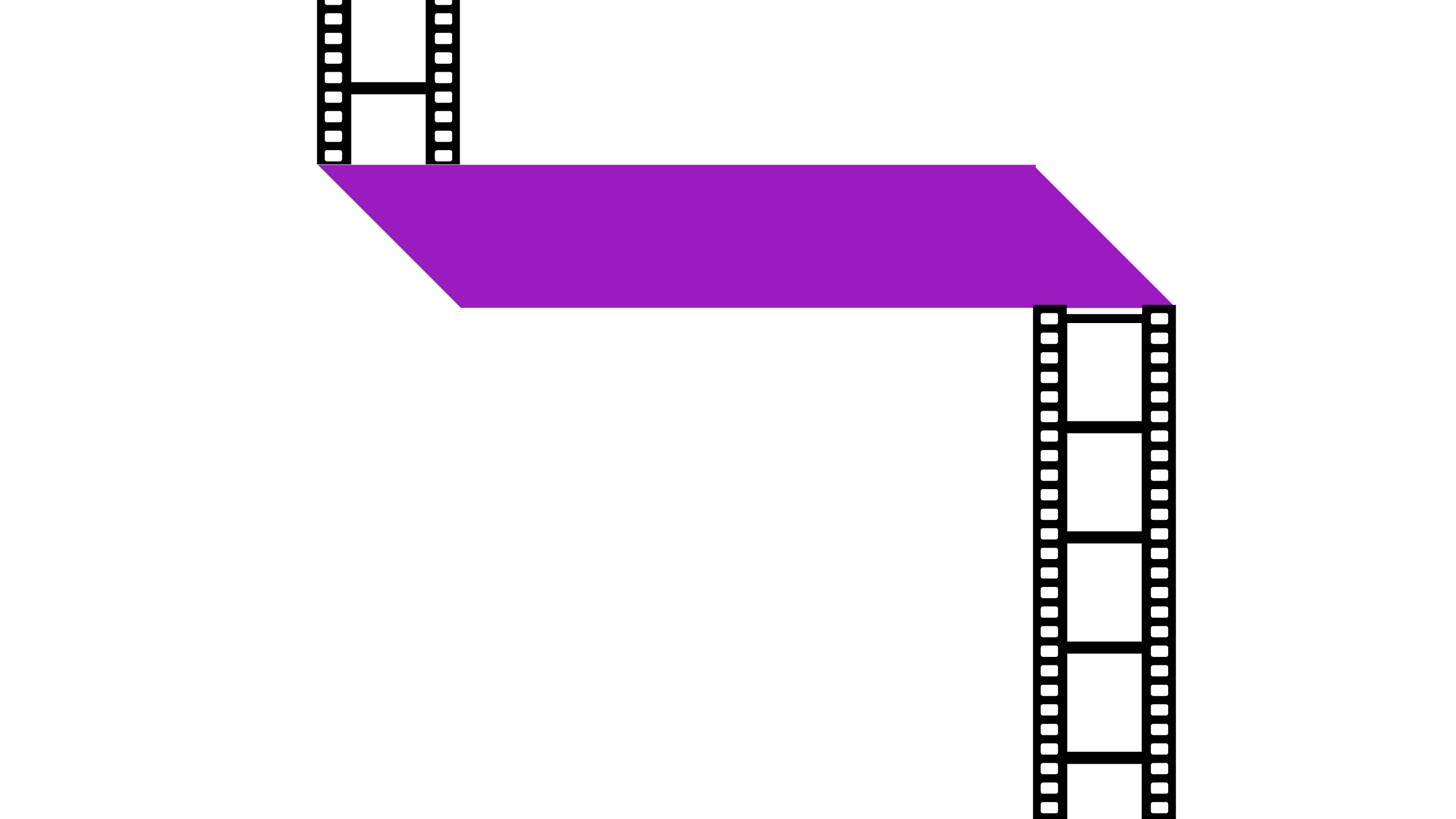
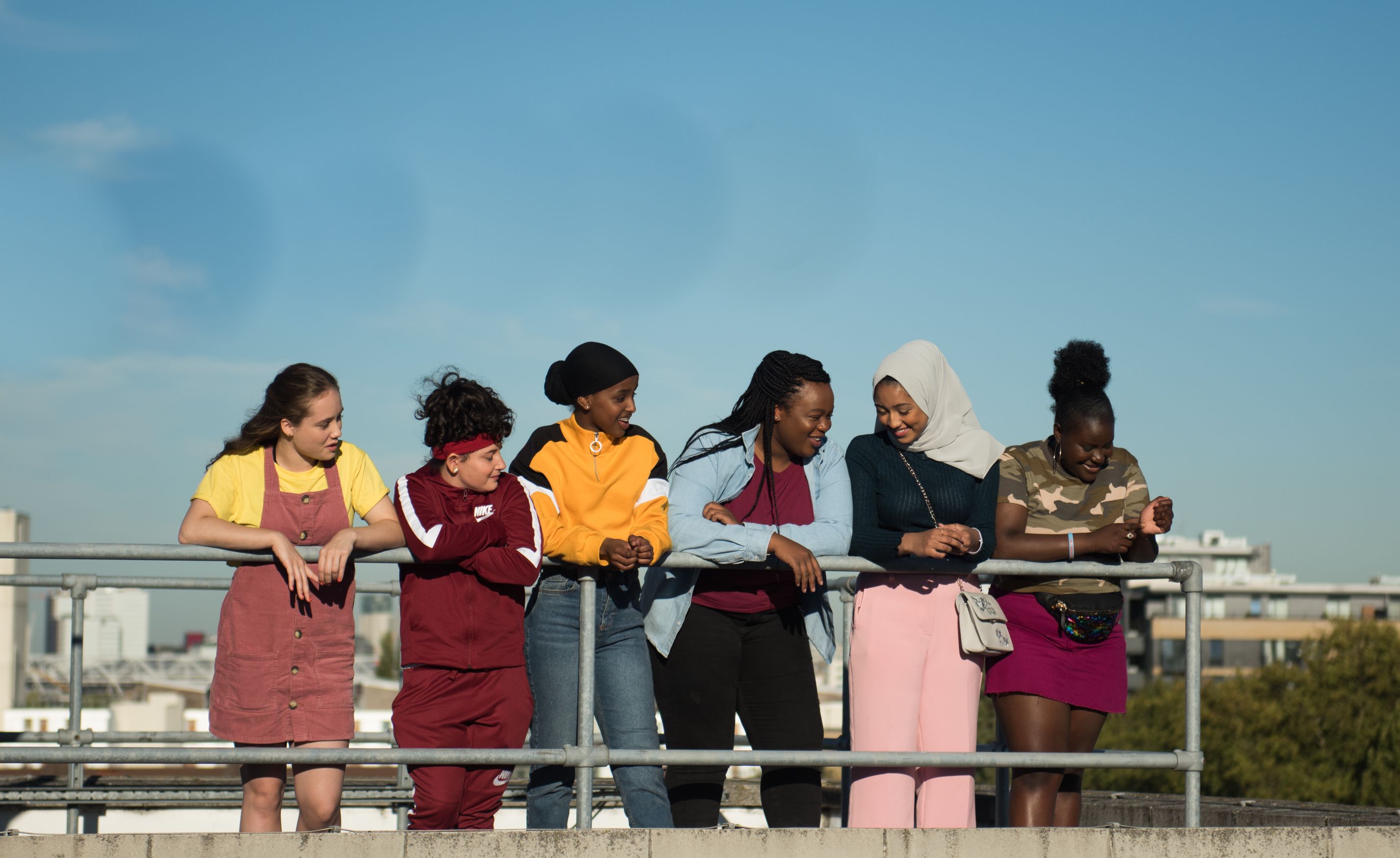
What were your earliest ambitions for Rocks?
After I made Suffragette, I attended some screenings of the film and listened to young women speak about the issues that were important to them, whether it was sexism or misogyny and gender identity politics. And it really coalesced in my mind that we don't see many films about women growing up. I hadn’t seen many films that accessed teenage performers in a way that showed their potential. And, of course, on top of that, there’s often a lot of negative stereotypes and tropes about teenage girlhood. So I thought: this is an opportunity to make something that's for now.
From the start of the project, how did you intend the creation of Rocks to be a collaborative process?
Collaboration is in the DNA of filmmaking, but it’s often only the director or the writer or the actor that is celebrated. I’ve always found that confusing. Film is an art form that supposedly reflects and represents our world — but is often so unrepresentative. Particularly behind the camera, but also in front of the camera. That has always bothered me.
I decided I didn’t want to create my view of what it's like to be a teenager; I wanted to create the view of teenagers we met. And I wanted to build it with them in a very collaborative way. I realised that working in this way would mean reversing the normal filmmaking process.
Normally, you would employ a writer who would create a world and then you would find people who fit in that world. Here, we said: let's find a group of people who want to build this with us and then let's build it around them. And let’s be totally open to where this journey takes us. So we built it in a very organic and evolving way. We had to be bold and upfront about doing things in that way. One of our writers, Theresa Ikoko, authored the story, but she then shared it with the young people who contributed ideas. It was a very open process.
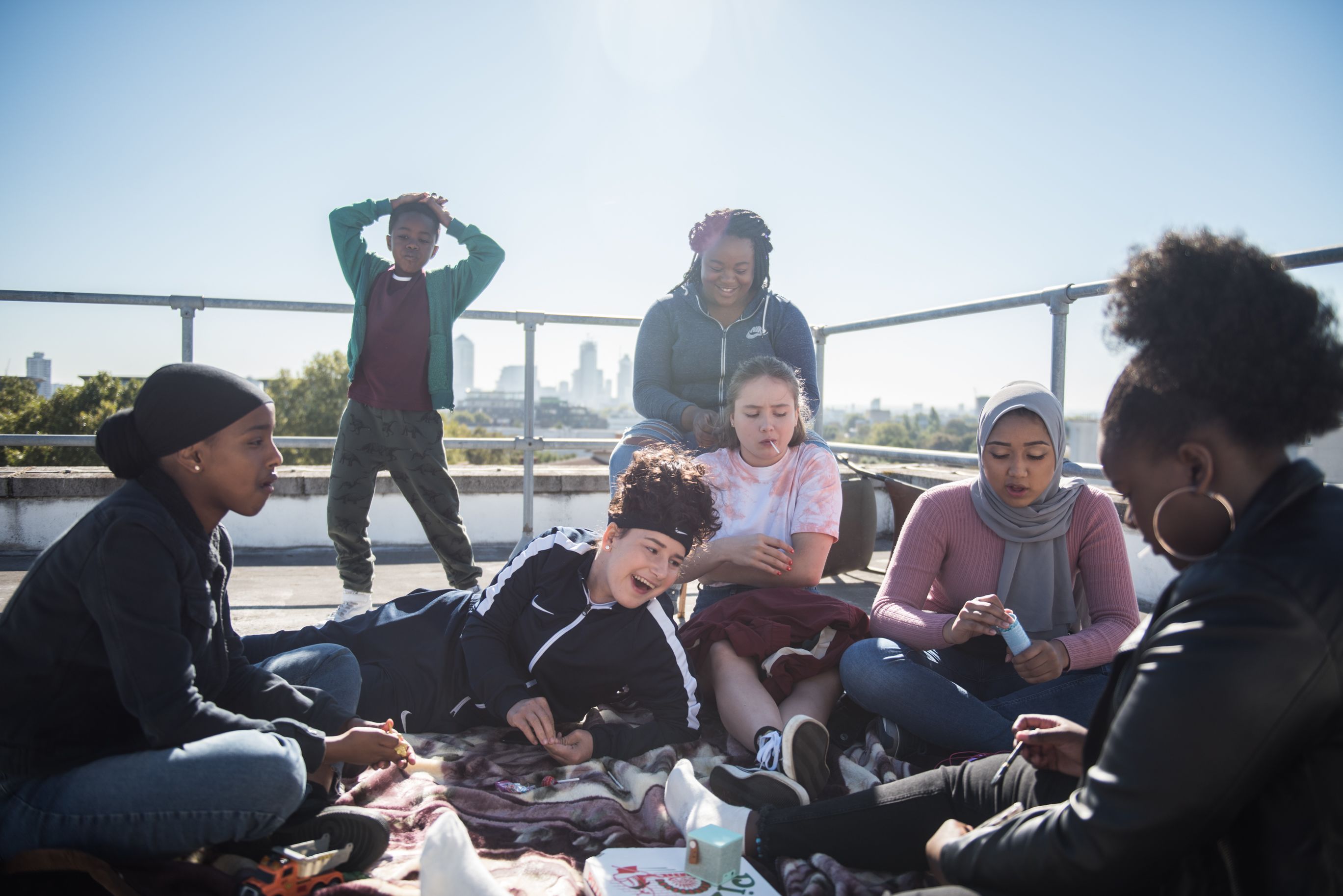

After your experience of putting this new way of working into practice, what did you learn?
I think putting yourself in the role of listener is important. You have to see everything as a conversation and then stay open-minded about a lot of the ideas you get in response. Once you have assembled the right people, you can consult widely on decisions. You open yourself up to being challenged by the conversation around you. So, right from the beginning, I was listening to people more than I was talking to them. I would ask: how do we all feel about this issue? Does this resonate with all of us? Sometimes it was a bit chaotic because we were finding our way. But there was an openness to it, a willingness to say — what did we get right? What did we get wrong? We were constantly assessing it. And, actually, it felt like a much less restrictive way to work.
Would you ever work with an impact producer on a narrative feature film?
I think the idea of an impact producer is a brilliant one. The more we can do to make sure a film reaches different audiences, the more we can look at the way we cast films, the more we can do to scrutinise the way we crew films, right through to the way we distribute them and let them reach and find their audience, the better! To have someone specifically working on these things is a great thing. And I would certainly consider it for my future productions.
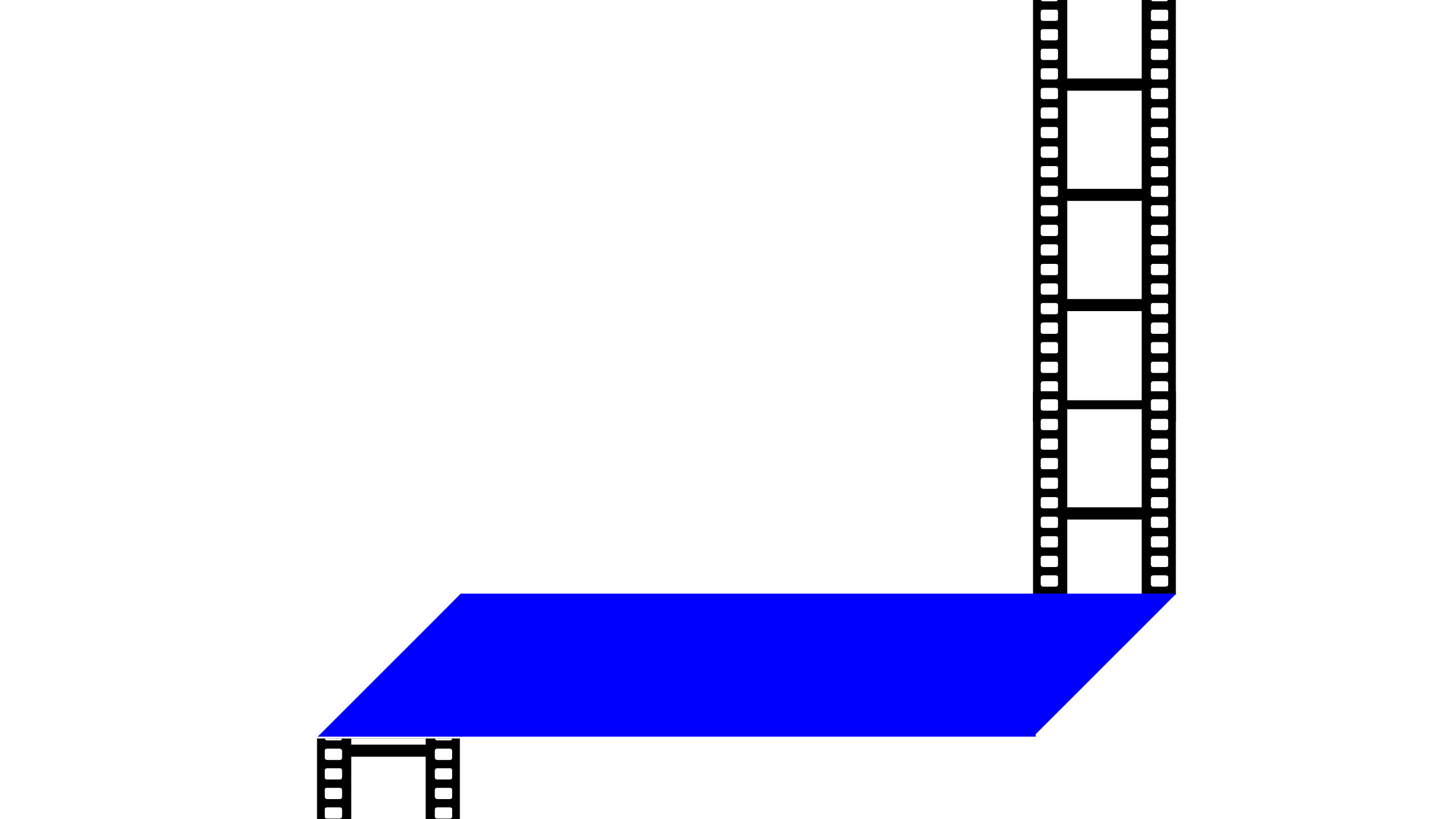
How would you assess the current state of social impact filmmaking, in broad terms?
I feel like we're at a good point. There's a rising awareness about the importance of certain conversations, which is much needed. And as I said earlier, there’s a concern about doing the right thing that didn’t exist until fairly recently.
How can SIE creators collaborate with partner organisations to amplify the impact of their work? Beyond funding, what help can they provide?
For many organisations, I think the most effective way to support and drive impact is by assisting in the way the film is seen. Distributors are commercial operations who understandably need to sell tickets. They don’t have the resources to do a lot of outreach.
If you take that onus out of distribution a little bit, you could do a tremendous amount of good work in reaching different people — for example, by running workshops around the film that involve new audiences in really direct ways. You can have discussions that shoot off from the film. You can create environments where people can access material and resources that connect with the film’s issues. Then the film becomes a genuine and direct social impact tool.
Do you think the future of the film industry lies in collective working principles?
I do, yes. The idea of the collective is very much in the zeitgeist now. I think we're all seeing that collective ways of working have a lot to offer us. Our world comprises a multitude of different things and voices. And we need our cinema, and our storytellers, to be able to reflect and represent that.
